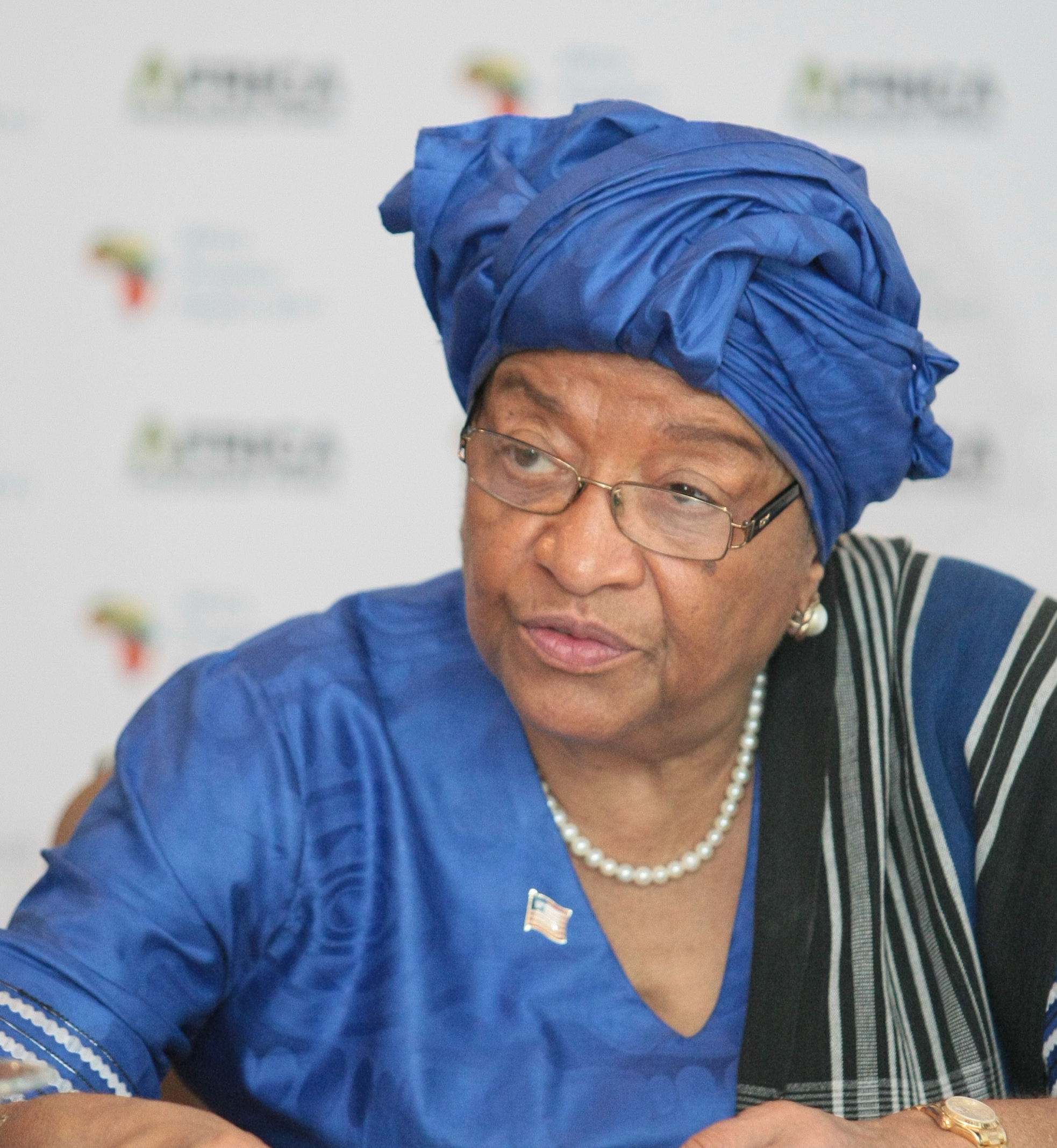President is a title used by many heads of state and leaders of national governments. The term is also used to refer to the head of a corporation, college, institution, social club, or other organization. This article deals with presidents as national leaders.

A majority of the independent countries in the world have presidents as their heads of state. This includes countries that have military dictators who take the title president.
Most of the world’s presidents are powerful leaders called executive presidents. They make many of the decisions and direct the actions of the government. Such presidents have the power to appoint high government officials and, in many countries, may veto laws passed by the legislature. The rest of the world’s presidents have a largely ceremonial role. These nonexecutive presidents act as official representatives of the country and carry out ceremonial duties.
A presidential system of government usually consists of separate legislative (lawmaking), executive (administrative), and judicial (court) branches. A president heads the executive branch. The president is normally elected directly by the people or, in some cases, by the legislature to a fixed term of office. In theory, the president’s powers and duties are described in a country’s constitution. In practice, these powers are usually determined by both political factors and the limits set by the constitution.
